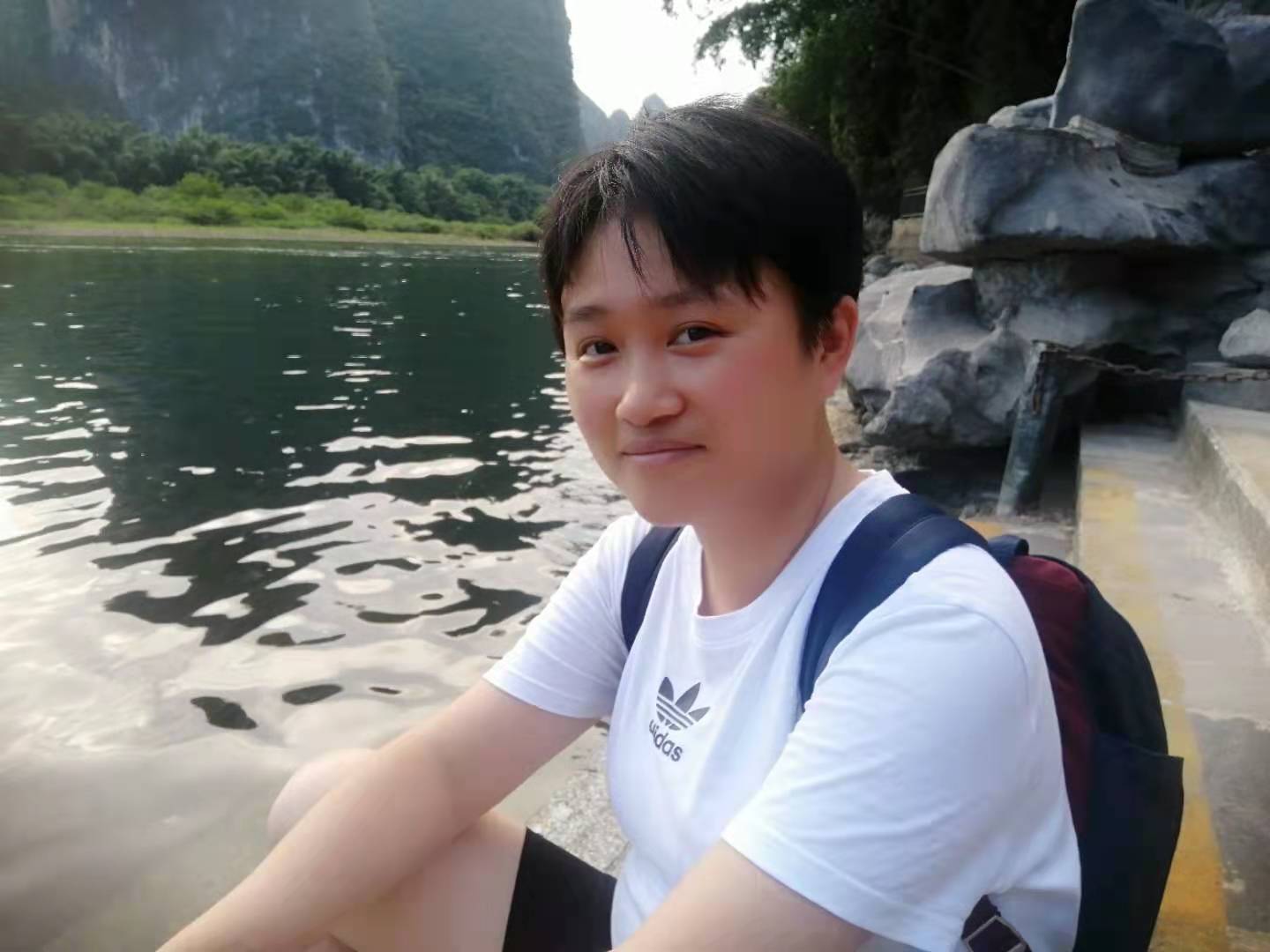Research - Work in progress.
-
At the intersection of ableism and sexism: conceptual and empirical applications with Estefania Santacreu-Vasut. Journal of Business Ethics.
Ableism refers to the discrimination of disabled people. How does it impact individuals who also suffer from sexism? Intersectionality theories posit that social identities mutually constitute, reinforce and naturalize one another. Inspired by a ‘Marginalized in Marginalized lens’, this paper adopts an intercategorical approach to intersectionality and applies it to study the intersection of disability and gender. We show how using the Blinder-Oaxaca decomposition can contribute to empirically quantify the penalty associated with intersectionality. We apply our proposed measure to study the intersection of disability and gender in the labor market in China. Our main result is to show that, compared to other groups, disabled women have the lowest yearly labor earnings and that this situation results from them suffering a penalty from being both disabled and women that is larger than the sum of disadvantages from disability and from gender. This penalty is present along the income distribution and particularly important at the bottom of the income distribution except among top earners, suggesting a survival bias. Furthermore, we also document how much of this extra penalty is driven by an endowment effect (such as differences in educational attainment) and how much of it is driven by a price effect (suggestive of discrimination). Regarding the occupational profile of different groups, we find that disabled women are over-represented in necessity self-employment and that they face a glass ceiling to access mid level managerial jobs, while disabled men face a glass ceiling to access top level managerial jobs. We conclude discussing the need to take gender into account in research on ableism as well as in the design of corporate and public policy.
-
Does marriage shape gender role attitudes? Evidence from a schooling reform in China
This paper studies the dynamic interplay between marriage as a formal institution and gender roles as an informal institution. I find that marriage hammers out conservative gender role attitudes for women but not for men. Identifying the causality is challenging, because conservative gender role attitudes affect the decision to marry early. To address this reverse causality concern, I employ the Compulsory Schooling Law in 1986 in China as an instrumental variable, which provides exogenous variation in the decision of marriage for both men and women. By exploring heterogeneous variation in the schooling channel on marriage, I identify the causal relationship between exposure to marriage and gender role attitudes. I further examine the effects of years of schooling on non-gender-related attitudes such as trust and misanthropy for married women, and on gender attitudes for single women, ruling out the direct nurturing effect of schooling on attitudes. Studying the causal mechanisms at play, I find that both horizontal and oblique social learning and self-deception are behind the evolving pattern of gender role attitudes for men and women. These two mechanisms respond to the long-lasting challenge of endogeneity of gender norms to welfare economics.
-
Does the way I speak shape how well I count? Assessing the relationship between math skills and language structure, with Victor Gay, Daniel Hicks, Estefania Santacreu-Vasut
-
On the Origins of Gender Roles: Women and the Clan
Conference.
Teaching~
-

Lecturer of Growth and Development, ESSEC Business School, MSc. Spring 2022, Spring 2023
-

Lecturer of Environmental Economics, ESSEC Business School, BBA (Spring 2023)
-

TA of Growth and Developmenet, professor Estefania Santacreu-Vasut, 2020-2021
